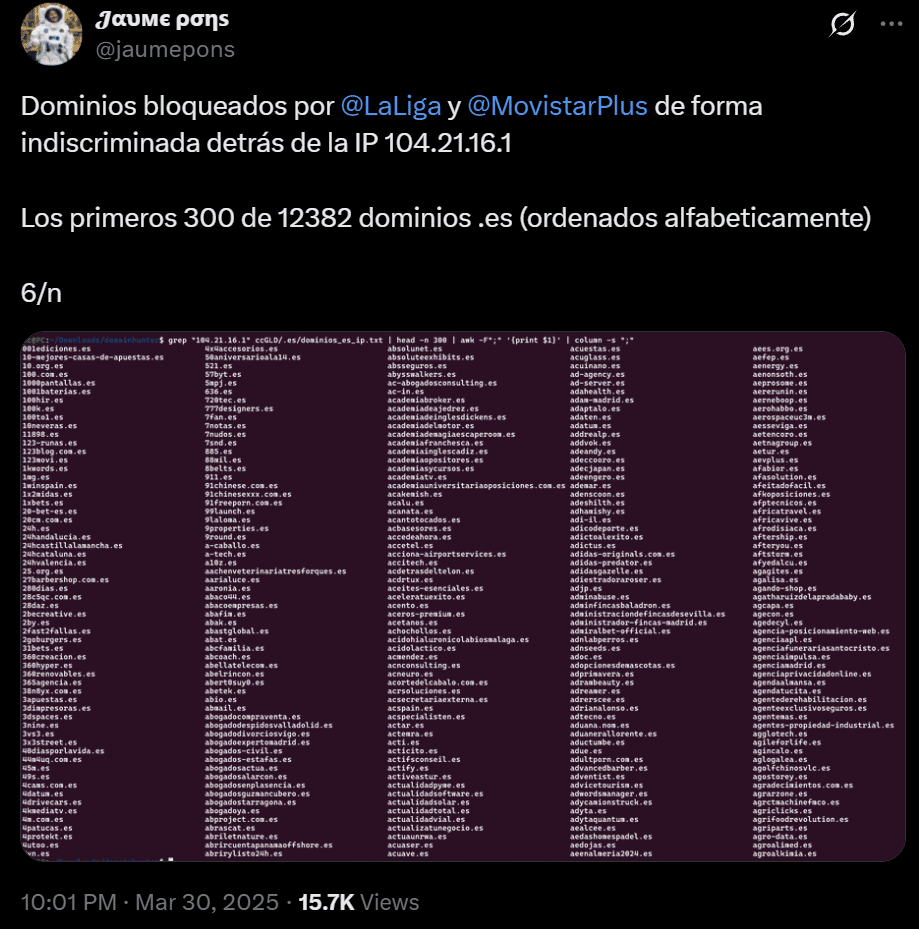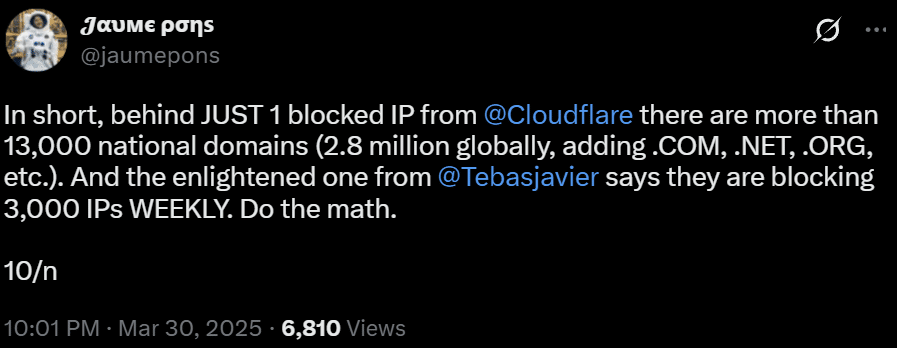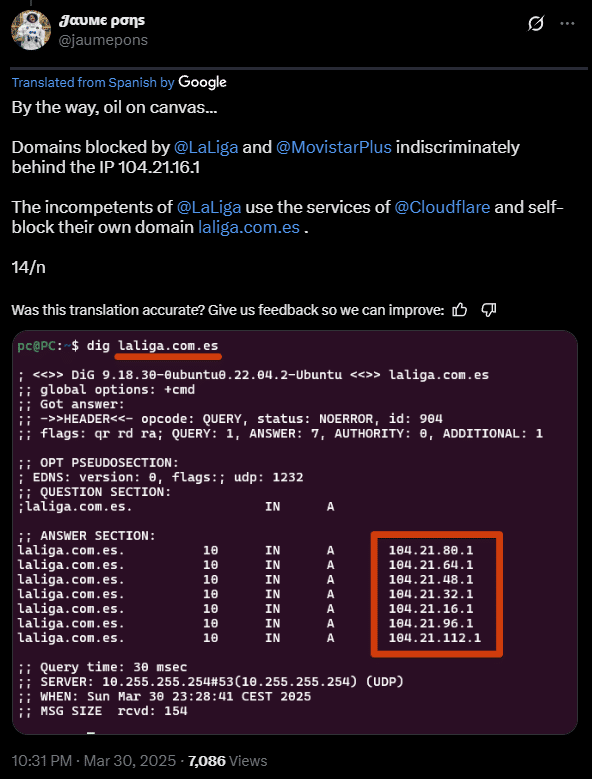 Having listened to LaLiga chief Javier Tebas speak about piracy for almost an hour at a conference recently, several things become apparent.
Having listened to LaLiga chief Javier Tebas speak about piracy for almost an hour at a conference recently, several things become apparent.
Whether one agrees or disagrees with his stance on how to tackle piracy, in particular the blocking controversy that has dogged Spain since early February, at a time of crisis this would be the man to have fighting your corner. He’s passionate about his mission, knows exactly what needs to be done, and is as unmovable as he is uncompromising on how to get there.
For these reasons and many more like them, what some argue is a football business problem is already developing into a potential problem for everyone. Tebas believes the financial impact of piracy on Spanish football is currently between 600 and 700 million euros and with the recently confirmed authority awarded by a local court. LaLiga currently blocks 3,000 IP addresses every weekend to reduce the damage.
Empowered By the Judiciary, LaLiga Blocks in Line With the Mission
During the weekend, hunting pirates (Tebas prefers the term ‘martians’) starts at noon on Saturday and ends between eleven and midnight; rinse and repeat on Sunday. If it transpires that all 3,000 IP addresses belong to Cloudflare, LaLiga will block however many it sees fit.
Tebas acknowledges that each Cloudflare IP can in theory protect 1,000 to 2,000 non-pirate IP resources. It necessarily follows that, if blocking is effective, those ordinarily neutral web resources will be rendered inaccessible along with any offending pirate sites, for as long blocking remains in place. Tebas blames Cloudflare for using these innocent resources as ‘human shields’ and at the same time points to just a handful of cases he considers to be verified, genuine complaints.
Other complaints of overblocking are variously described as overblown or non-genuine, and collectively as just “noise.”
“Google has even paid communication agencies to say that there’s been a lot of noise, that there have been some barbaric outages,” Tebas alleged. “I’m convinced that when Google Drive was cut [by Piracy Shield] in Italy, it was with Google’s awareness. With real Google awareness, and I’m going to tell you why it’s like that.”
CDN77: Like Cloudflare But Smaller and Cooperative
CDN77 is a well-known CDN that specializes in live video and VOD. It may be smaller than Cloudflare but still claims to deliver 300 PB of video daily. Tebas doesn’t mention the circumstances that led to its cooperation with LaLiga, but he does seem satisfied with the arrangement.
“We have a company that’s much smaller than Cloudflare, but it provides the same services. It’s a Dutch company, it’s important, but it’s not. It’s called CDN77 and it does the same thing [as Cloudflare] it anonymizes [users]. Well, we have an agreement with them,” he explains.
“During the the game, when we detect CDN77 IP addresses, we don’t block them, we notify [CDN77]. They directly remove the IP address that is sharing the illegal content, and replace it with another IP and then cut it off, that’s it, it can be done technologically.”
LaLiga: No Large-Scale Overblocking
Since early February, fundamental disagreement has persisted over a) the scale of overblocking and b) whether LaLiga’s blocking can be described as indiscriminate.
To the extent that indiscriminate suggests a random, scattershot approach, LaLiga’s objections do seem reasonable. LaLiga says it targets specific IP addresses used by identified IPTV services; it’s well understood that other services may be present on the same IP, but if the judge who issued the order saw no problem, who can insist otherwise?
In the eyes of LaLiga, the scale of the overblocking isn’t significant, but the numbers do seem to lack clear definition. That being said, Tebas is very clear on what it is not.
“It’s not true that there are millions of [blocked] users, as Cloudflare put it. If there are millions of users, and the judge himself says, you haven’t proven it, and they have had the opportunity to prove it, we are the ones who have proven that it’s not true. In other words, they had to prove it, because it’s not true,” Tebas explained.
Opposing View – Overblocking is Massive
Regular updates posted to X by sysadmin @jaumepons aim to document overblocking in Spain. According to their research, the scale is enormous but given the numbers and technical issues involved, independent verification from outside the country presents challenges.
Claims on X from within Spain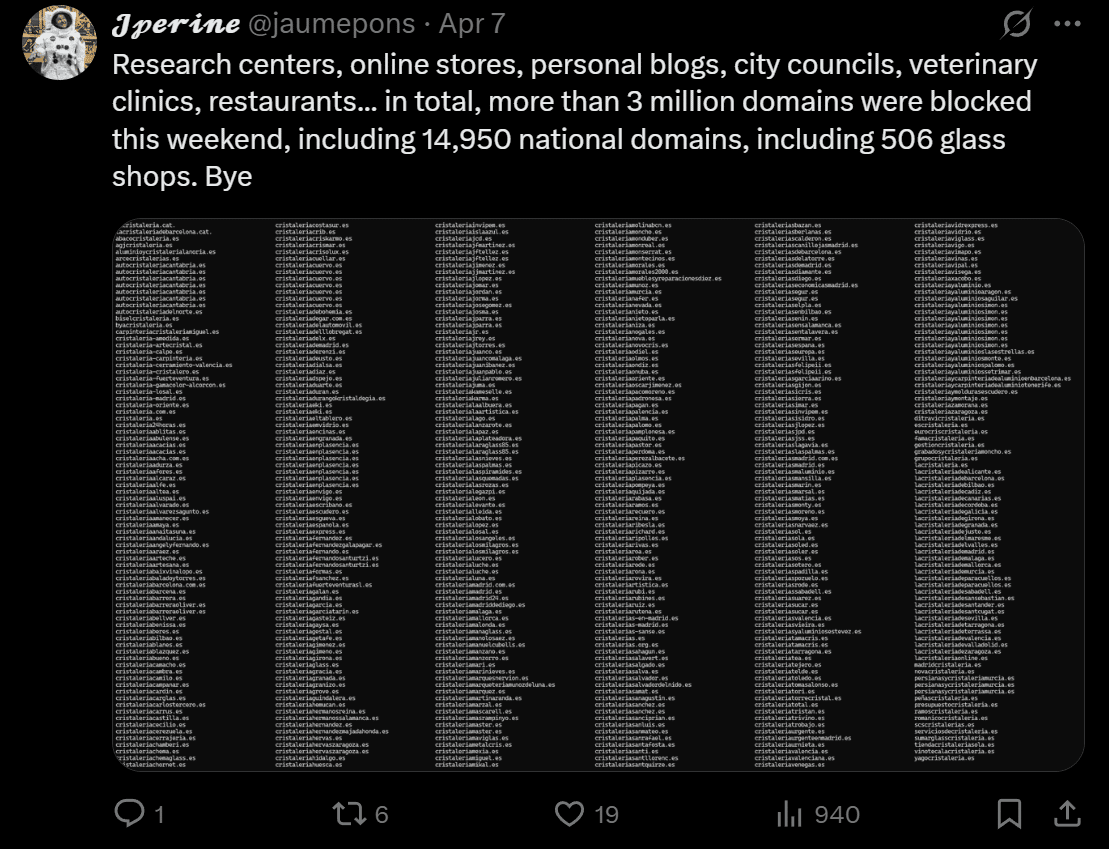
From a base of almost no overblocking according to LaLiga, to the massive overblocking alleged in these reports, it’s clear that both extremes can’t exist at the same time.
According to Cloudflare, various experts, and people whose websites become inaccessible in Spain when football airs on TV, feel that the evidence is on public display. LaLiga’s position is that since evidence wasn’t produced to the standard required by the court, claims of overblocking remain unproven; presumably that also extends to the IP addresses in the image below.
All were reportedly blocked by LaLiga, all belong to CDN provider CDN77 whose cooperation may not have provided immunity from blocking as initially envisaged.

From: TF, for the latest news on copyright battles, piracy and more.
From TorrentFreak via this RSS feed
 The
The 
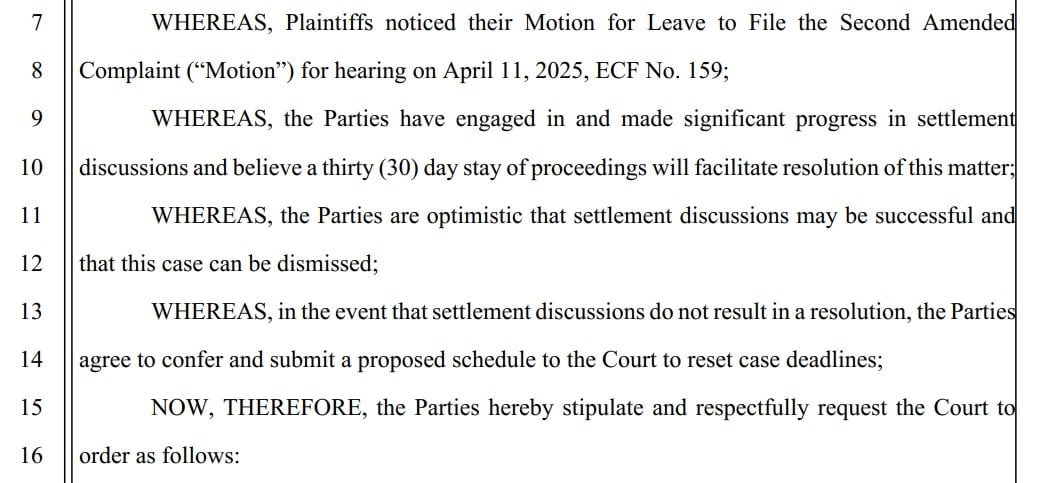
 More than a year after its official debut in February 2024, Italy’s controversial Piracy Shield blocking system is yet to deliver on the key predictions justifying its launch.
More than a year after its official debut in February 2024, Italy’s controversial Piracy Shield blocking system is yet to deliver on the key predictions justifying its launch.


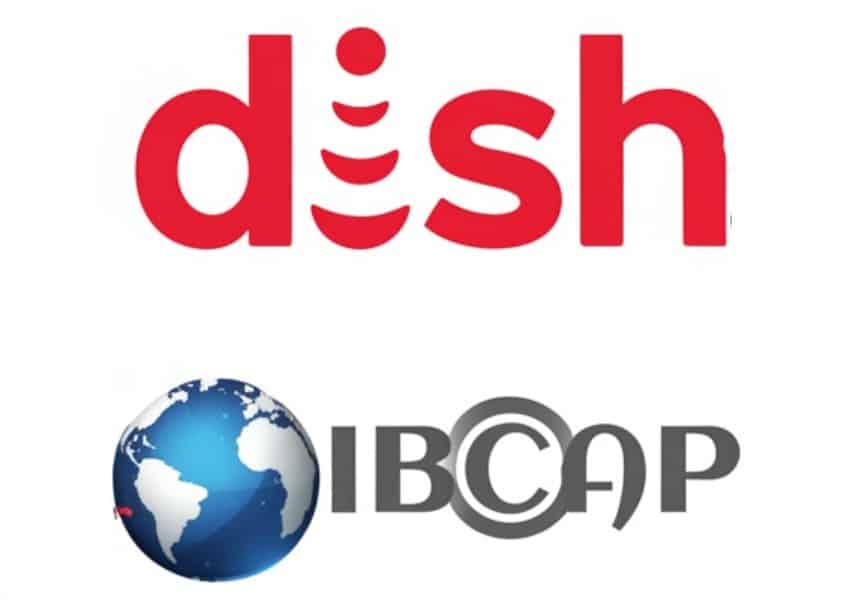 With the continued growth of pirate IPTV services in recent years, TV broadcasters and distributors have been ramping up their anti-piracy efforts.
With the continued growth of pirate IPTV services in recent years, TV broadcasters and distributors have been ramping up their anti-piracy efforts.


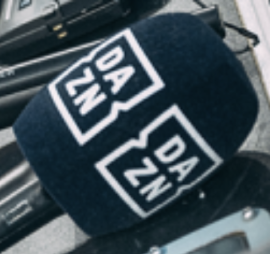 Like many similar reports published most weeks by newspapers in Europe, an article published by Belgian media outlet L’Echo late Saturday evening pulled few punches.
Like many similar reports published most weeks by newspapers in Europe, an article published by Belgian media outlet L’Echo late Saturday evening pulled few punches. While this would be its first use in Belgium, dynamic blocking is already used extensively elsewhere. The mechanism allows for speedy responses to blocking countermeasures, including domain changes and the appearance of proxies and mirrors, and there’s no requirement for a follow-up legal procedure.
While this would be its first use in Belgium, dynamic blocking is already used extensively elsewhere. The mechanism allows for speedy responses to blocking countermeasures, including domain changes and the appearance of proxies and mirrors, and there’s no requirement for a follow-up legal procedure.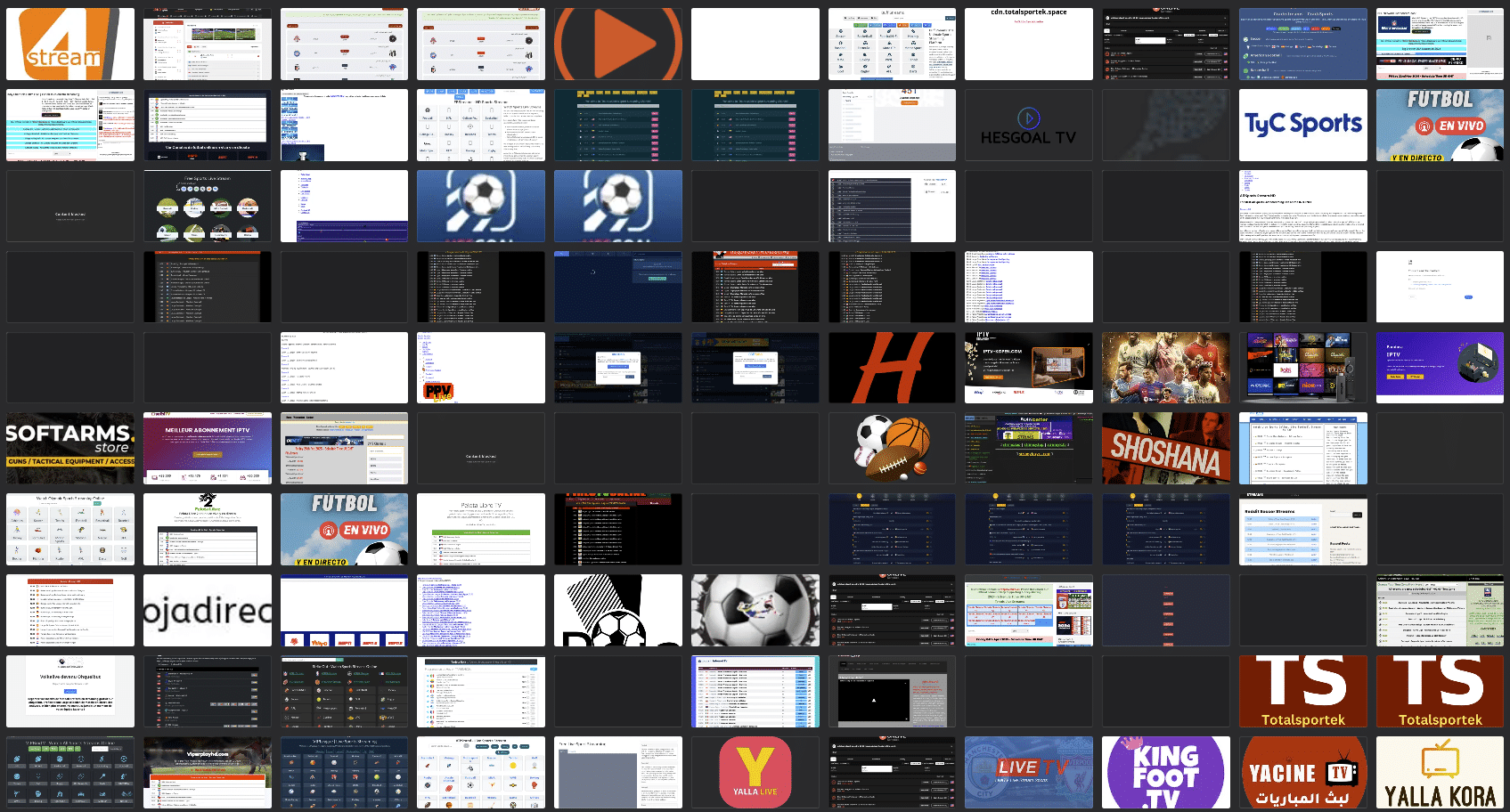
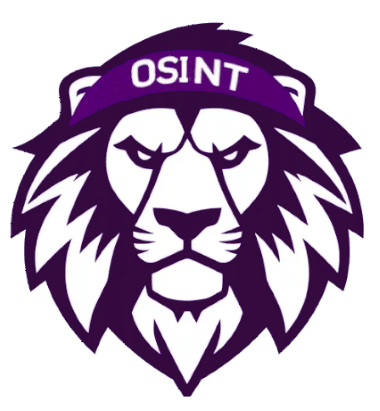 Most prevalent in the movie and TV show sectors, applications for DMCA subpoenas are regularly filed at courts in the United States.
Most prevalent in the movie and TV show sectors, applications for DMCA subpoenas are regularly filed at courts in the United States. In this example it appears that when the Premier League visited the website sporttuna.pro, they were redirected to sporttuna.website and then to sporttuna.xyz (boxed in red).
In this example it appears that when the Premier League visited the website sporttuna.pro, they were redirected to sporttuna.website and then to sporttuna.xyz (boxed in red).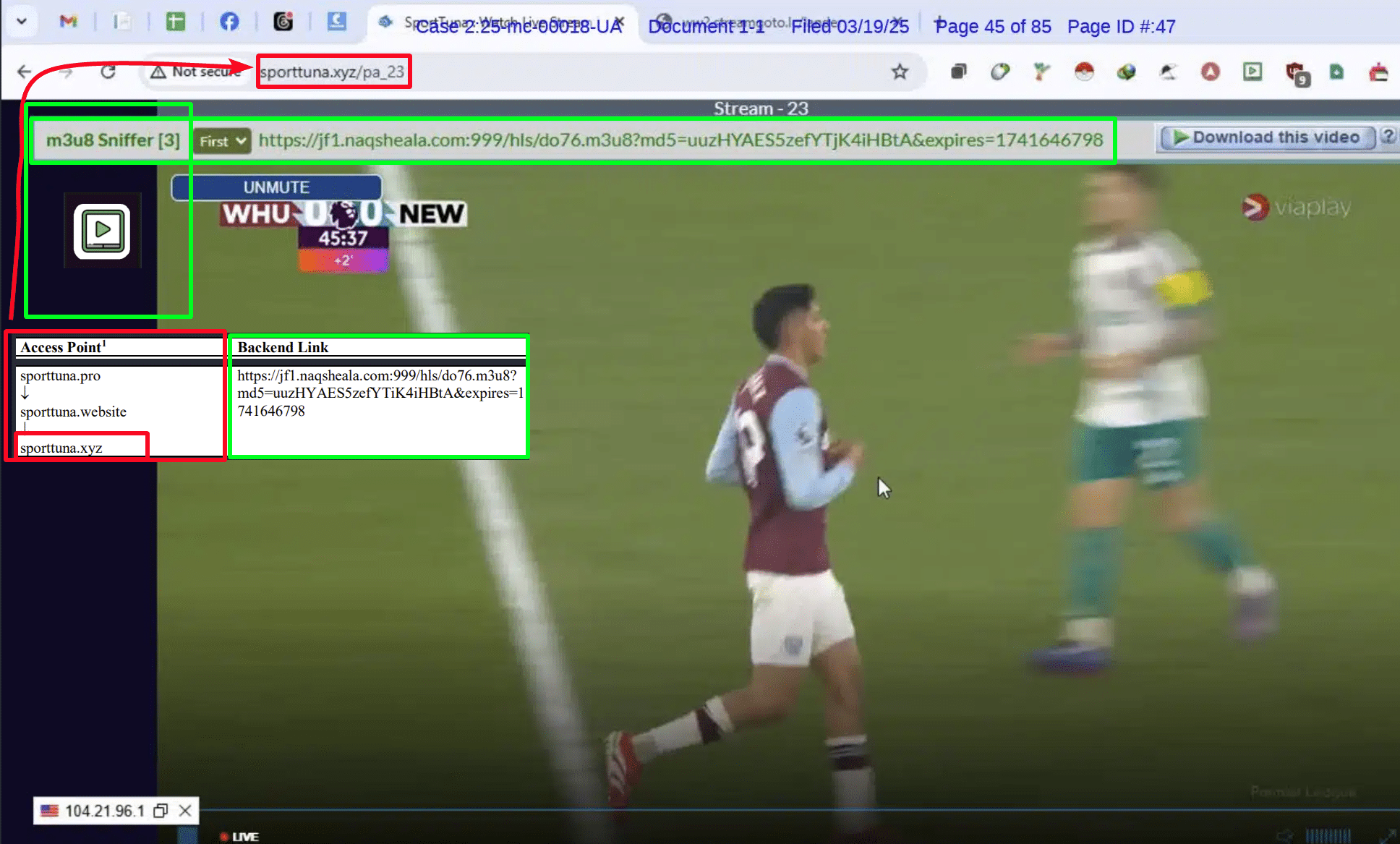
 Identifying the remaining tools was a little time-consuming but if we said the method was advanced or complicated, that would be a lie.
Identifying the remaining tools was a little time-consuming but if we said the method was advanced or complicated, that would be a lie. Given that M3U8 Sniffer "does NOT provide functionality to download the actual video streams" another piece of software comes in handy. IDM is a popular choice in the niche and appears to be the downloader of choice in this particular toolkit.
Given that M3U8 Sniffer "does NOT provide functionality to download the actual video streams" another piece of software comes in handy. IDM is a popular choice in the niche and appears to be the downloader of choice in this particular toolkit.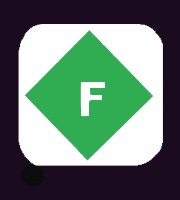 Our best guess at identifying this next tool comes with a small caveat that its icon was almost impossibly blurred and even when fresh it's still pretty basic. Ultimately, a green diamond and a single white 'F' works here.
Our best guess at identifying this next tool comes with a small caveat that its icon was almost impossibly blurred and even when fresh it's still pretty basic. Ultimately, a green diamond and a single white 'F' works here.
 Scraping data from websites in a structured and usable format isn't always easy and for big jobs, things can quickly descend into a time-wasting nightmare.
Scraping data from websites in a structured and usable format isn't always easy and for big jobs, things can quickly descend into a time-wasting nightmare.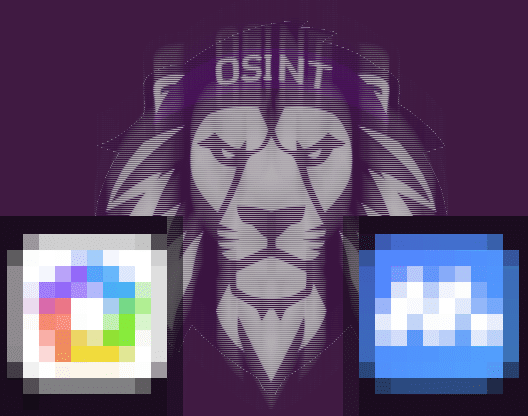 Given that there are Android emulators that are less elaborate, more predictable, and therefore better suited to the assumed job in hand, the discovery of two fairly elaborate emulators in the toolkit initially seems a little puzzling.
Given that there are Android emulators that are less elaborate, more predictable, and therefore better suited to the assumed job in hand, the discovery of two fairly elaborate emulators in the toolkit initially seems a little puzzling. The frontline of online piracy liability keeps moving, and core internet infrastructure providers are increasingly finding themselves in the crosshairs.
The frontline of online piracy liability keeps moving, and core internet infrastructure providers are increasingly finding themselves in the crosshairs.


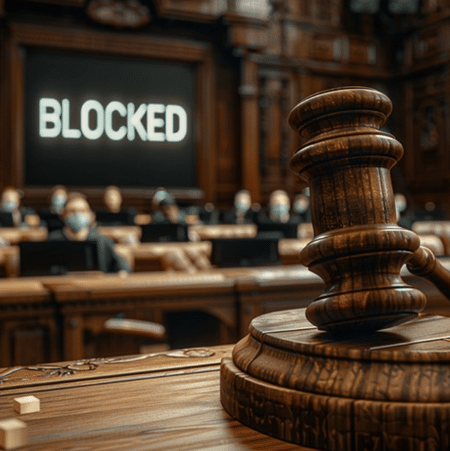 When rightsholders feel that conditions are optimal, site-blocking measures are presented to countries as a proportionate, precise, and entirely reasonable response to rampant piracy.
When rightsholders feel that conditions are optimal, site-blocking measures are presented to countries as a proportionate, precise, and entirely reasonable response to rampant piracy.